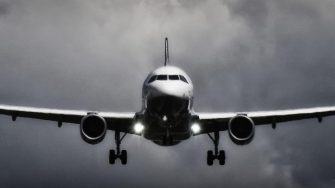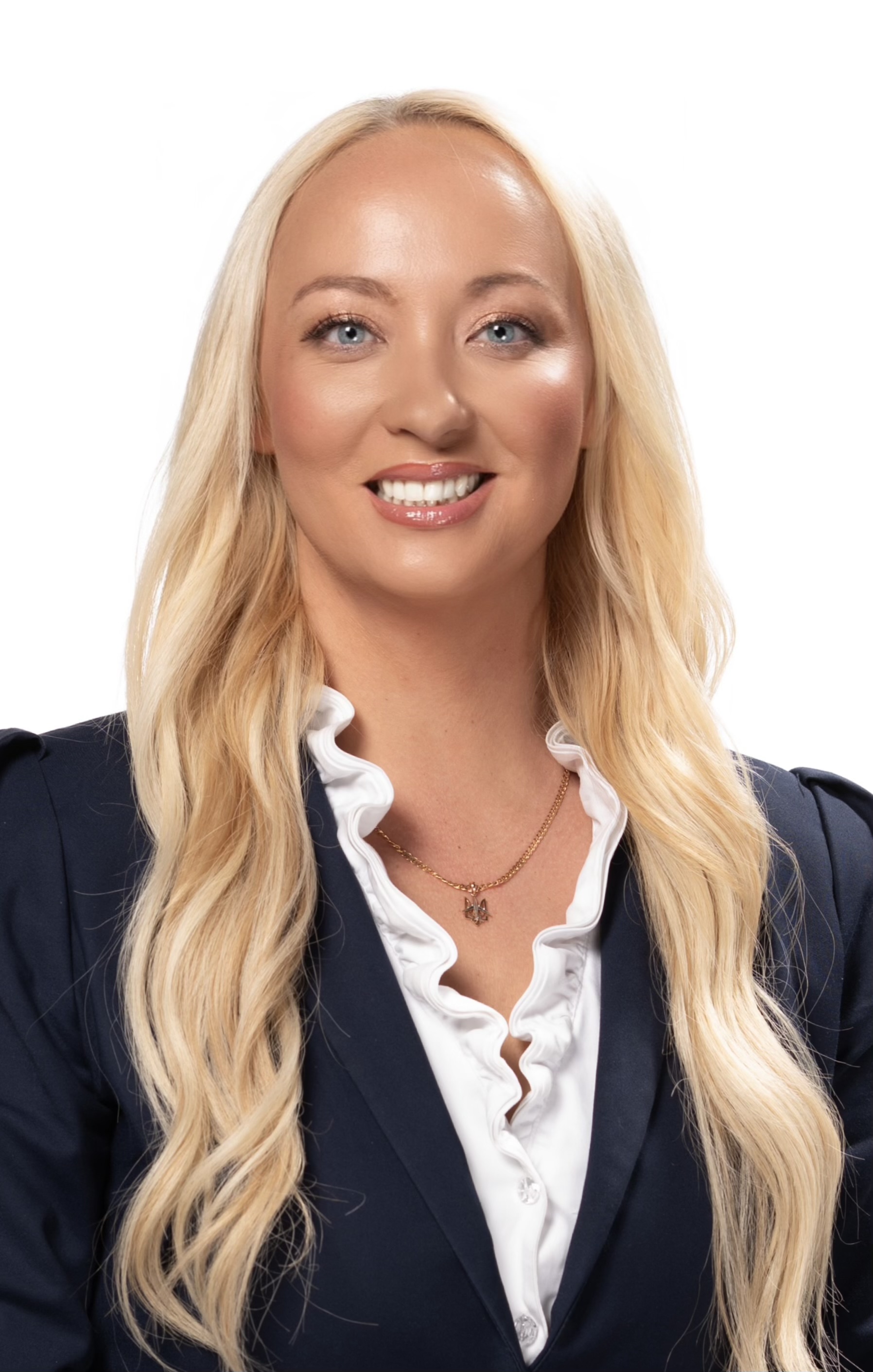
Exploring the human and technical aspects of aviation
As our global community grows ever more linked, aviation brings people together. It is a driver of economic, social, and cultural development worldwide and has completely changed how we travel, interact with others and do business. A network of airlines, airports, and air traffic management organisations link major cities and small communities 24 hours a day with increasingly advanced aircraft.
Aviation is by far the world’s safest and most efficient mode of long-range mass transportation. With new and emerging technologies like drones and air taxis joining traditional air transportation, we must ensure they are safely and efficiently integrated into our airspace. Despite rapid gains in technology, humans are ultimately responsible for ensuring the success and safety of the aviation industry. They must continue to be knowledgeable, flexible, dedicated and efficient while exercising good judgment to mitigate safety issues.
Associated schools, institutes & centres
Impact
Our research focuses on the technical and scientific aspects of aviation. One area of specialisation is aviation safety and aviation human factors. In aviation, safety determines the very existence of the industry. It is crucial in preventing aviation accidents and incidents and keeping passengers and flight crew safe while flying. Human factors affect how people do their job. They are the social and personal skills, such as communication and decision making, which complement technical skills.
Human factors are important for flight safety and efficient aviation operations. Knowledge in human factors can be used to reduce the likelihood of error and build more error-tolerant and resilient systems to support aviation safety, management, and operations.
To remain a viable option, general aviation needs to strike a balance across three pillars of sustainability—social, economic and environmental. This allows air transport to grow in an environmentally sustainable manner while continuing to ensure the freedom to travel by air. We conduct research across both conventionally piloted aviation and remotely piloted aircraft. Our expertise in data and analytics is applied across areas including:
- transport safety research focusing on safety events (incident and accident investigation) from across the aviation industry
- environmental and economic sustainability research focusing on the social and financial impacts of aviation operations.
Understanding the landscape of changing technology is essential for the future planning of the aviation industry. Artificial intelligence, blockchain and related computer science innovations have the potential to transform air transport. This research can be applied to additional engineering and technological developments including space commercialisation, high-speed flight and electrification. The impact of our expertise encompasses:
- an understanding of aviation safety issues, to help reduce future accidents and incidents
- knowledge of contemporary and future technological developments and their impact on aviation in terms of both economic and environmental sustainability
- improved efficiency and effectiveness of operations and operators across the aviation industry
- research outputs to ensure effective cognitive-based training to improve operators’ skills.
We work closely with researchers within Trusted Autonomy, Cyber Security, Space, Modelling and Simulation, Analytics and Aerospace Engineering.
Competitive advantage
- A unique combination of skills covering science, technology, education and engineering applicable to the aviation industry.
- Long-standing and deep ties with Defence.
- Outstanding facilities including an indoor UAV flight test area and facilities for simulation, eye-tracking systems, and digital human modelling of various biometrics (EEG, HR, BP).
- Focus on aviation data and analytics.
- Internationally recognised research examining a new approach to improving operators’ non-technical skills.
Our researchers
-
We are actively involved in a variety of aviation outreach activities including:
- Australian Women Pilots’ Association
- Women in Aviation
- Aviation Outreach, a high school engagement tool and newsletter
- UNSW Women in Maths & Science Champions Program (STEM)
-
A Preliminary Investigation of Maintenance Contributions to Commercial Air Transport Accidents
Visual Flight into Instrument Meteorological Condition: A Post Accident Analysis
Which cognitive training intervention can improve young drivers’ speed management on the road?
The Effect of Cognitive-Based Training on Young Drivers’ Speed Management Behavior: An On-Road Study
Cognitive training interventions to improve young drivers’ speed management behaviour: Effects, implications, and perspectives
-
- Demonstrated above average safety performance for major air cargo carriers.
- Validated the communicate, confess, and comply strategy to save lives when an unqualified pilot encounters adverse weather.
- Assessed the impact of airport sustainability initiatives, specifically at Kansai International Airport.
- Improved risk management operators’ skills via applying cognitive-based training.





